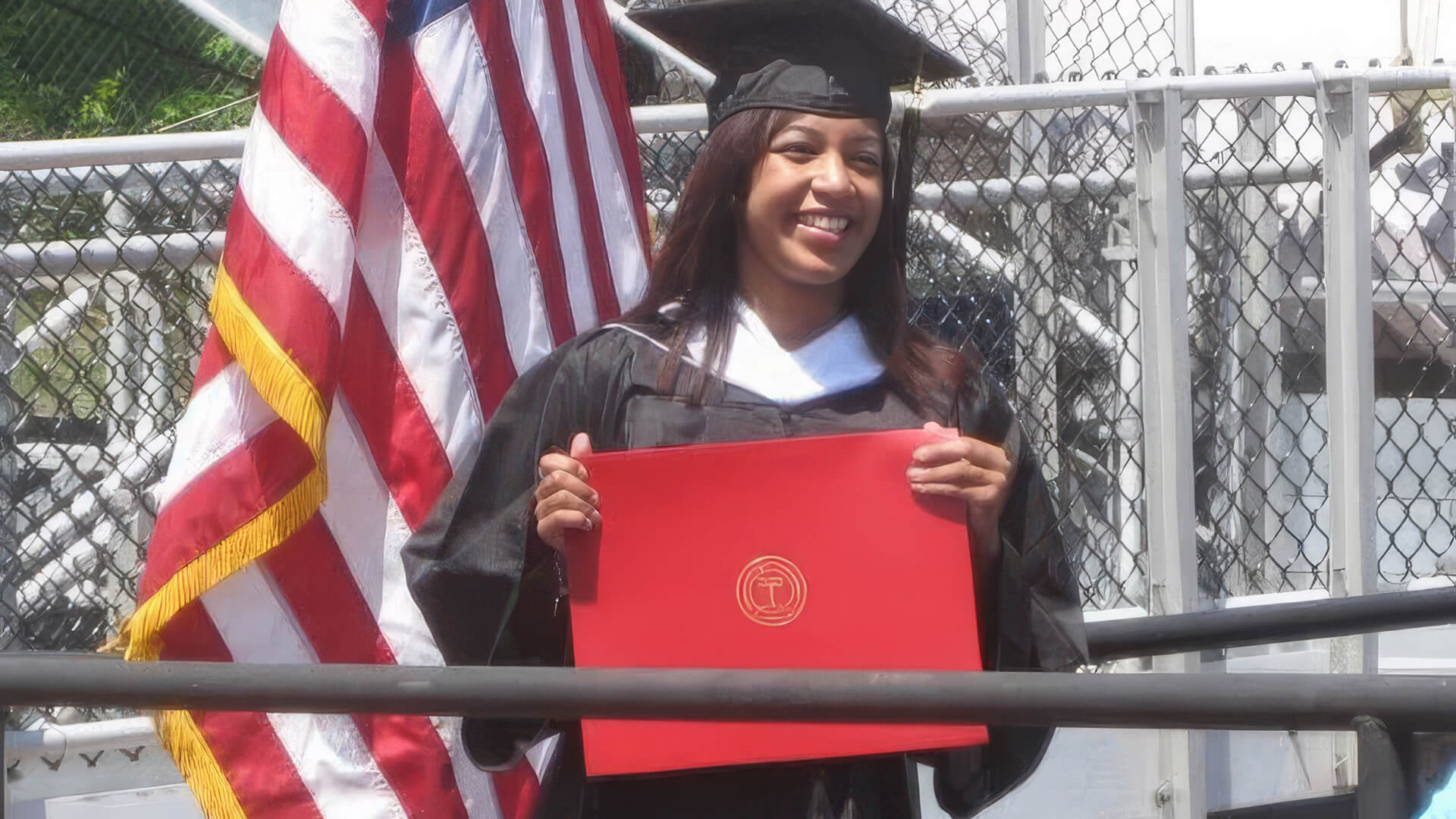From campus to work: Why Lumina is investing in career-connected High-Impact Practices
As a senior in college, I remember pouring my energy into my capstone project. As a graphic design major, that project culminated everything I had learned—a portfolio piece I was proud of. But when I, a short time later, sat across from potential employers, I wasn’t sure how to talk about it. How did the long hours of research, iteration, and critique translate into skills that mattered to the workplace? How could I connect the dots between my academic work and the competencies employers were actually looking for?
That feeling—of doing meaningful academic work, but not being fully prepared to articulate its value in the job market—is not unique to me. It’s an experience shared by far too many students across the country, particularly those who are first-generation, low-income, or from historically excluded backgrounds.
More students deserve deep, active-learning experiences they can confidently communicate and demonstrate to employers.
Earning a degree isn’t the finish line
By 2040, Lumina aims for 75 percent of adults in the U.S. labor force to hold a degree or credential that leads to economic prosperity. Achieving that vision requires more than access to higher education—students must graduate with the skills, experiences, and confidence to thrive in their careers.
That’s why we’re investing in making career-connected high-impact practices (HIPs) like internships, undergraduate research, service learning, study abroad, and yes, capstone projects, available to more students. These experiences, when done well, don’t just help students finish college. They help them bridge the gap between classroom learning and the real-world competencies employers value: problem solving, teamwork, communication, adaptability, and leadership.
If it’s just a box to check, it’s not enough
For years, HIPs have been celebrated for their ability to increase engagement and degree completion. But simply offering them isn’t enough. Too often, HIPs are treated like a checklist item—something students can do, but not something deeply embedded in their academic and career journey.
We’re learning that the impact of HIPs depends on intentionality. To be truly transformative, they must be accessible to all students, connected directly to career pathways, and designed with equity at the center.
That means ensuring that Black, Hispanic, Latino, Native American, and low-income students—who have historically been underserved—are not only participating in HIPs but also reaping their full benefits.
Together, we can bridge learning and work
Through this new funding opportunity, we invite up to 15 bachelor’s degree-granting institutions to join us in scaling career-connected HIPs across their campuses. Participating institutions will:
- Shape national practice by demonstrating what effective, career-connected HIPs look like.
- Join a learning community facilitated by respected intermediaries.
- Receive tailored support from national experts.
- Gain direct funding to accelerate their work ($80,000–$100,000 per grantee).
This is more than a grant. It’s an opportunity to transform how students experience college—and how they transition successfully into careers.
Building bridges for students
Looking back, I wish I’d had clearer guidance on how to translate my capstone project into a story about my skills, potential, and readiness for the workforce. That bridge between learning and career isn’t automatic; it must be built intentionally.
At Lumina, we’re committed to helping institutions build those bridges—for every student. By scaling career-connected HIPs, we can ensure that the projects, internships, and experiences students invest in don’t just enrich their time on campus, but also launch them into meaningful, fulfilling careers.
The stakes are high, but the opportunity is even greater. Together, we can redefine what it means to truly prepare all of today’s students for the future of work.
